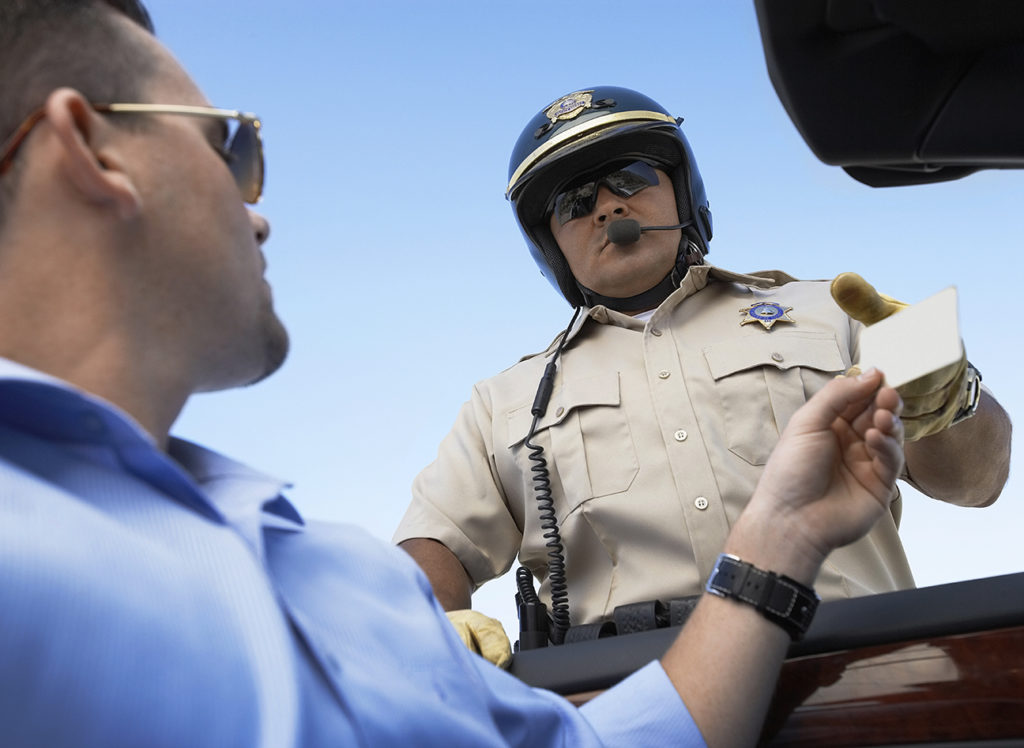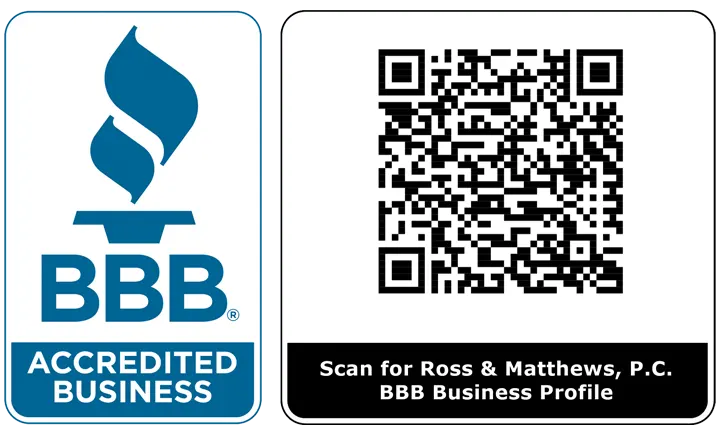
If you receive a covered traffic ticket for a moving violation while operating a covered vehicle which is licensed to drive in Texas (meaning current license plates, inspections and insurance), we will represent you in defending the ticket in the court of original jurisdiction. If you get a covered ticket it is imperative that you contact us immediately to get the best service possible. However, in any event, we need at least five (5) business days prior to your appearance date on the ticket in order to contact the court. Otherwise, we do not have time to file the appropriate paperwork with the court. Email us a digital copy of the ticket (front and back) via our secure email area – found on the LegalShield landing page. You may also fax legible copies of the ticket (front and back) to 817-255-2080.
Even if your ticket is not a covered ticket under the traffic benefit of your plan, we may be able to assist you with a consultation or a referral to one of our network of attorneys who offers discounted fees. Please be aware that tickets in Texas can not legally be “fixed”. Also, in recent years, many Texas traffic courts have become courts of record, which makes it extremely difficult to appeal a conviction on a ticket. However, in most circumstances, we are able to keep the ticket off your record through defensive driving or deferred adjudication.
A traffic citation is a criminal charge under Texas law. If you fail to make an appearance in court, or resolve the charges, a warrant may be issued for your arrest and additional fines may be imposed. In addition, your driver license may be suspended for failing to handle a traffic citation received in either Texas or in another state. For some charges, a conviction may result in an automatic driver license suspension. The following should be helpful in determining how Ross & Matthews, P.C., and your LegalShield policy can help you keep your driving record clean.
Have you ever wondered what to do, or what not to do, during a traffic stop? Here are some pointers that could save you a lot a trouble during the actual stop.
What do you do after you have received a traffic ticket?
In Texas, tickets are divided into moving and non-moving violations. While both moving and non-moving violations can result in annual surcharges, only moving violations will accrue points and affect your driver record.
Examples of non-moving violations are no seat belt, parking tickets, and expired registration.
Most non-moving violations do not affect your driver record. In some cases, the court may dismiss the violation with minimal charge if you remedy the violation and show proof to the court within ten (10) days. This is discretionary with the court. If you want to contest a non-moving violation, you may plead not guilty and request a trial by judge or jury, otherwise you may just simply pay the fine. Representation for defense of non-moving violations is available under Benefit V of your LegalShield contract.
Some non-moving violations, such as parking tickets are civil violations. This type of violation is governed under administrative rather than criminal law. They are similar in most respects to other non-moving violations. However, some of the rights you have if you contest a criminal citation will not be available to you in a civil hearing. For example, you are not entitled to have a jury hear your case, the officer does not have to be present or testify at court, and the state does not have to prove your guilt “beyond a reasonable doubt.” Representation for defense of civil violations is available under Benefit V of your LegalShield contract.
If you have been charged with Failure to Maintain Financial Responsibility (No Insurance or No Proof of Insurance), and had insurance at the time of the stop, but did not have proof available during the stop, you must provide proof to the court that you were insured on the date you received the ticket. If you do, the ticket will be dismissed.
If you did not have insurance at the time you were stopped, you have three options. First, if you obtain insurance to present to the court on your appearance date you may be allowed to enter a plea of no contest and request deferred disposition (probation). Second, you can plea not guilty and request a trial by judge or jury. Lastly, you can plead no contest or guilty and pay the fine.
If you enter a plea of no contest or guilty and pay the fine, or if you lose at trial and a guilty verdict is entered, the violation will be reported on your driver record. In Texas, if you receive two convictions for no insurance on your driver record in your lifetime, your license will be suspended for at least six months. If you get the citation deferred, though, the offense will not appear on your record for the purpose of driver license suspension. Representation for tickets for no insurance is available under Benefit V of your LegalShield policy.
Examples of moving violations are: speeding, failure to yield, failure to stop at a stop sign, and having unrestrained child under five.
If you hold a commercial driver license and are issued a moving violation there are no options available to keep a citation from your driver record other than a dismissal or finding of not guilty after trial. This is true regardless of the vehicle driven at the time of the offense. For those who hold a standard, non-commercial drivers license, though, there are four options available to handle your citation. If you receive a ticket for a moving violation and no other exclusions apply, your ticket will be covered under Benefit II of your policy. Your options are:
When you miss your original appearance date on the ticket, the court may issue a Violate Promise to Appear (VPTA) ticket, which is another charge. By signing the ticket, you promise to appear. When you do not appear in court or remedy the citation, you violate the promise and a VPTA is issued. Violating your promise to appear can also result in the issuance of a warrant. If you miss your court date, you can post a cash bond, or in some circumstances, simply pay the VPTA and the court will issue a new court date for you. To determine coverage, Ross and Matthews, P.C., will need you to fax a copy of the original ticket, and a copy of your new court date. Warrants and VPTAs are covered under Benefit V of your LegalShield contract.
Follow Us
The information you obtain on this website is not, nor is it intended to be, legal advice. Consult an attorney for advice regarding your individual situation. We invite you to contact us and welcome your calls, letters and email. Contacting us does not create an attorney-client relationship. Please do not send any confidential information to us until such time as an attorney-client relationship has been established.
